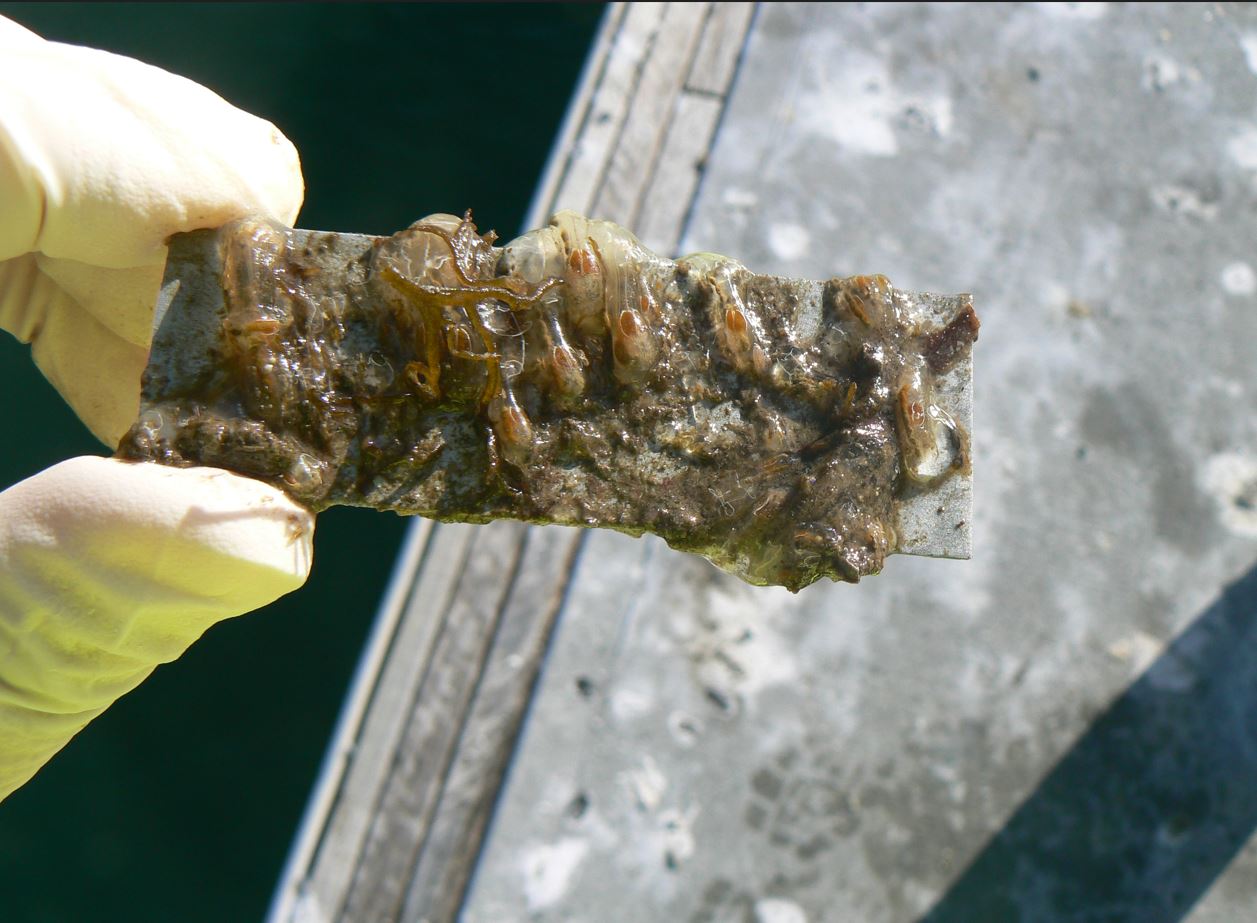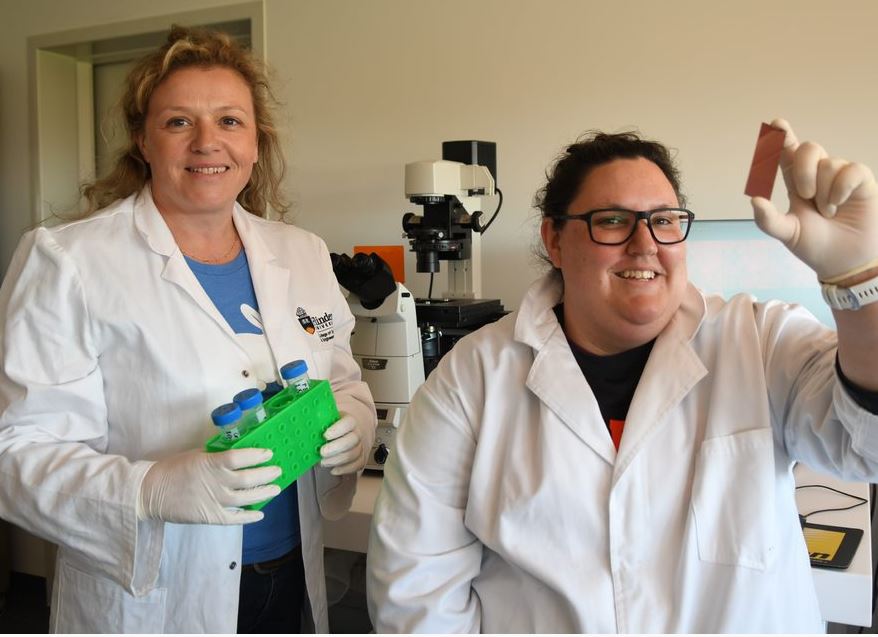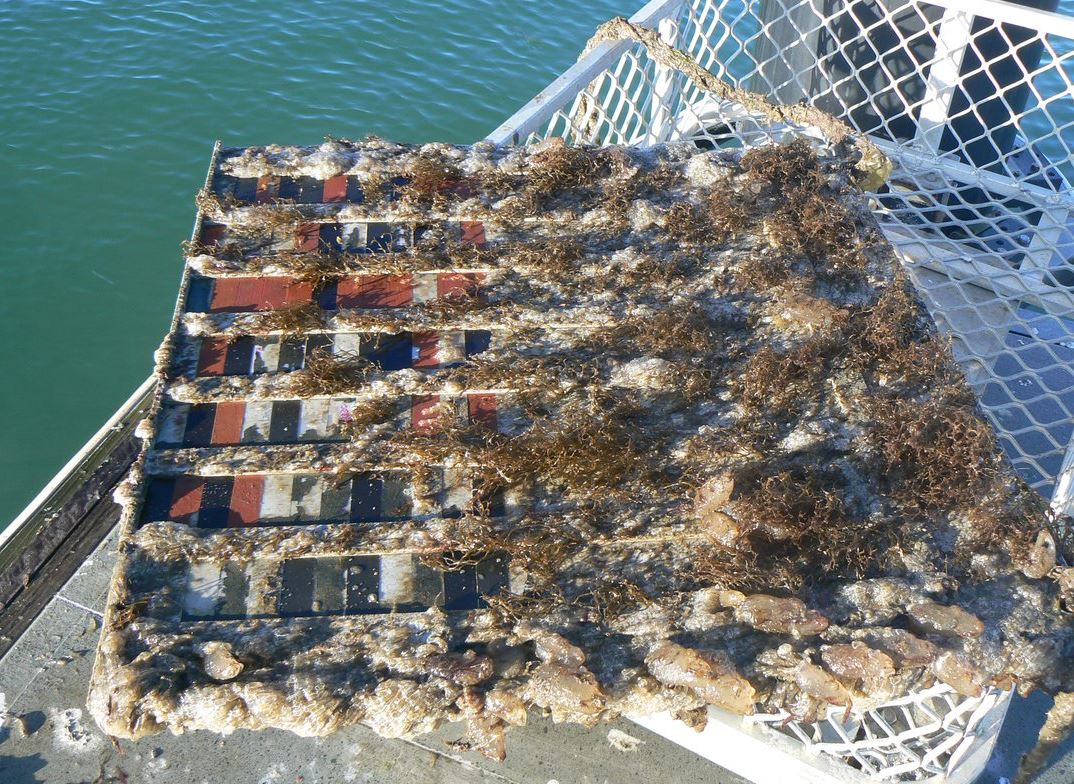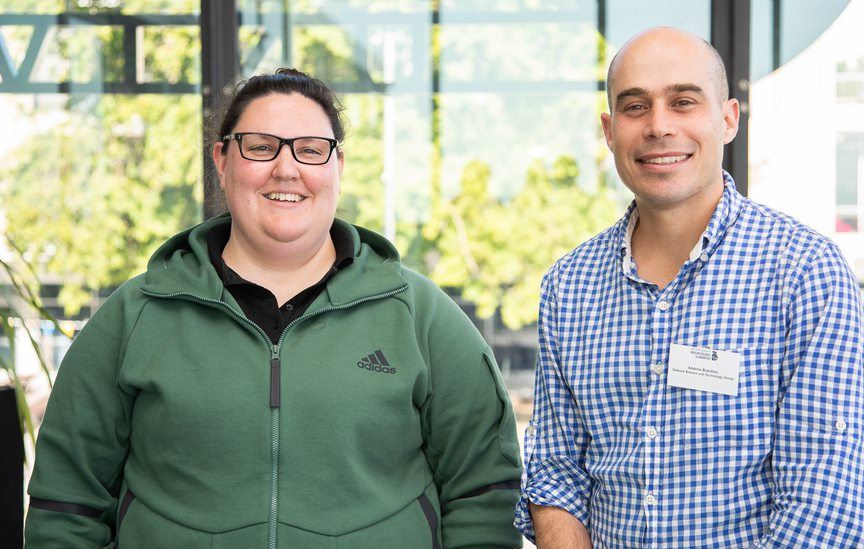
The new $12.5 million ARC Training Centre for Biofilm Research and Innovation at Flinders University will partner with industry from 2023 to train professionals for maritime, water and other industries.
Flinders University’s first ARC Industrial Transformation Training Centre will offer training and research opportunities for PhD students to work on innovative solutions to improve efficiency in the maritime and defence industries and to support other sectors – from assured water quality to addressing health and safety issues related to biofilms.
The centre is now recruiting early career researchers and PhD students across a range of disciplines.
Biofilms are a complex mix of cells that grow on all surfaces and environments, from ships’ hulls and drinking water pipes to medical devices. These microorganisms can pose a threat to the environment or human health, and can be expensive and difficult to eradicate.

“The training centre is timely and will enable us to advance the biofilm research and training initiatives that are already underway with some of our partners and to initiate new projects, collaborations and training programs,” says Centre Director Associate Professor Sophie Leterme.
“This training centre will provide a supportive environment and unique industry training experience for scientists to work on projects that will have real world impact, solving problems that have important health, environmental and economic impacts.”
The Flinders University centre, funded by an Australian Research Council (ARC) Industrial Transformation Training Centre grant of $4.9 million and a further $7.65 million from industry and key research partners, will target major issues of biofouling in maritime and water industries.
As well as “transforming biofouling management strategies across maritime platforms, water services and regulatory environments,” Associate Professor Leterme says the centre will train “an elite cohort of researchers with sought-after skills”.

“It really is so important to work closely with industry partners to solve these important problems and to provide them with industry-ready graduates who have the skills, motivation and ability to be employees and future leaders for these industries.
“Not only will this work benefit the maritime industry, but it will also tackle biofilm related issues facing the water and health industries by providing solutions for optimised water infrastructure, treatment processes, fixture delivery and improved compliance,” she says.
“It’s important that we focus on creating longevity to support Australia’s continuous shipbuilding program,” says DSTG scientist Dr Andrew Scardino, the centre’s Deputy Director (Industry) who will support knowledge transfer and research between government, industry and academia.
“The Training Centre will provide exciting opportunities for new PhD and early career researchers who will be able to benefit from close relationships with industry,” he says.
The key industry partners include ASC Pty Ltd, BAE Systems, Osmoflo, Enware Australia, Sparc Technologies, SA Water, Franmarine Underwater Services, and DMTC Molino-Zhang and Associates.
The regulatory, government and professional bodies involved include the Environmental Protection Authority, Defence Science and Technology Group (DSTG), Australian Society for Microbiology and Australasian Corrosion Association, and the collaborating universities – Flinders University, University of Toulon, Ohio State University, University of Tasmania and Swinburne University of Technology.

Over the past two years, Flinders University postgrad Tamar Jamieson worked with Dr Scardino as her industry supervisor on an Australian Postgraduate Research (APR) internship undertaking research into a major biofouling problem.
The experience and ongoing research have provided her with specialist skills sought after in the defence industry.
Dr Scardino says young researchers like Dr Jamieson will be able to expand their research and use their skills to work on other industry projects with the ARC Training Centre for Biofilm Research and Innovation – which will “help ensure we have an ongoing sovereign pipeline of biofilm specialists to tackle important issues in the future”.
Dr Jamieson says the skills and training gained via her work-integrated learning at the DSTG have given her vital practical insights for future employment and further research.
“It has been fantastic to gain experience and insights into the defence and maritime industries, and tackle biofilm-related issues which face the water, health and other industries,” she says.
Acknowledgement: The ARC Training Centre for Biofilm Research and Innovation (IC220100003) is funded by the Australian Government through the Australian Research Council.
Further information: https://www.flinders.edu.au/arc-biofilm

